It could be some time before the U.S. Food and Drug Administration issues marketing orders for flavored vapor products.
By Chris Howard
For the past 10 years, we have ridden a rollercoaster together. We have experienced the same highs and lows and shared the hope that harm reduction will prevail in the end. Then, over the course of the past several weeks, the journey ended abruptly with marketing denial orders (MDOs) for so many. Not surprisingly, several question whether the vapor industry can ever recover.
The FDA’s Recent Actions
For what it’s worth, the recent actions of the U.S. Food and Drug Administration should not have been a surprise to anyone in the vapor industry. We have known for several years that being part of a highly regulated segment would not be easy. In fact, the FDA made its expectations clear in its 2016 Draft Guidance entitled Premarket Tobacco Product Applications for Electronic Nicotine-Delivery Systems (ENDS). In sum, this document revealed that obtaining a marketing order for vapor products would require scientific expertise, extensive data development and very deep pockets.
That said, the FDA’s rationale for such broad-based denials has raised questions among many. More specifically, the FDA provided the following rationale in its Aug. 26, 2021, news release:
In light of the public health threat posed by the well-documented, alarming levels of youth use of flavored ENDS, the agency has reviewed the applications subject to this action to determine whether there is sufficient product-specific scientific evidence to demonstrate enough of a benefit to adult smokers that would overcome the risk posed to youth. Based on existing scientific evidence and the agency’s experience conducting premarket reviews, the evidence of benefits to adult smokers for such products would likely be in the form of a randomized controlled trial or longitudinal cohort study, although the agency does not foreclose the possibility that other types of evidence could be adequate if sufficiently robust and reliable.
The primary question we are left to ponder is whether this balancing of interests exceeds the FDA’s standard for assessing whether a product is appropriate for the protection of public health. Based on Section 910 of the Tobacco Control Act, which describes the appropriate standard of review, it appears that this balancing is one of many facets of an application that the FDA is required to consider.
Appropriate for the Protection of Public Health
Section 910 of the Tobacco Control Act provides the FDA’s standard of review for new tobacco products:
…whether the marketing of a tobacco product for which an application has been submitted is appropriate for the protection of the public health shall be determined with respect to the risks and benefits to the population as a whole, including users and nonusers of the tobacco product, and taking into account—
(A) the increased or decreased likelihood that existing users of tobacco products will stop using such products; and
(B) the increased or decreased likelihood that those who do not use tobacco products will start using such products.
So clearly, the risk of initiation of flavored ENDS products by youth is relevant as is the likelihood of ceasing use by smokers generally. Without a doubt, the FDA has determined that evidence related to part (A)—cessation—must outweigh part (B), initiation. This risk balancing, in the FDA’s own words, is reflected in data from clinical studies or longitudinal studies demonstrating that adult use of flavored ENDS leads to cessation (or switching) outcomes that exceed the risk of youth initiation of tobacco product use. And yet, despite this seeming clarity, many questions surround this analysis. For example, by how much must adult cessation exceed youth initiation? What if both tobacco varieties and flavored varieties show the same or similar cessation rates? Has the FDA considered the reduction in use by youth resulting from the recent change in the age to purchase tobacco products to 21 when examining the balancing of risks versus benefits?
These questions are likely to remain unanswered for quite some time. Many committed companies are already beginning efforts to satisfy the FDA’s outstanding requests for clinical studies and/or longitudinal data, but the development of data will take several months. Obviously, this is likely to do significant damage to an already fractured market—and even more potential damage to smokers seeking an alternative to combustible cigarettes.
Flavors Are Critical for Harm Reduction
Despite these tumultuous past few weeks, the FDA is arguably the biggest advocate for harm reduction. Given the agency’s desire to provide options to adult smokers to move away from traditional combustible cigarettes, it seems clear that a pathway for flavors to return does indeed exist.
Along with the rest of the industry and many public health researchers, I believe that the removal of all flavored products would negatively impact harm reduction efforts in the United States. Some vapers will undoubtedly return to smoking combustible cigarettes. And smokers who might have transitioned to ENDS products may now elect not to do so. In the studies conducted at my company, E-Alternative Solutions, we demonstrated that adults prefer flavors and that flavors assist adults in transitioning from combustible cigarettes to potentially less harmful alternatives. Existing literature documenting the research conducted by others also supports this proposition. Moreover, anecdotal reports are easy to find on Twitter and multiple other social media forums.
While it may not be apparent from the FDA’s recent actions, I do not believe that flavored ENDS are finished in the United States. While the bar appears high, I hope and expect, for the sake of adult smokers in this country, that we will see flavored ENDS on the U.S. market again. That said, it could take time until the agency issues market orders for flavored vapor products.
What’s Next?
The FDA’s recent decisions will likely prompt many to appeal and some to resort to litigation [at least two suits are known to have been filed already]. The FDA appears prepared to address these initiatives and is prioritizing enforcement of those failing to comply with MDOs and/or who are selling vapor products that have not undergone premarket review. While these activities are ongoing, many will begin longitudinal studies and the hard work to identify alternative methods to show the FDA that flavors are determinative in adult smokers’ efforts to switch from combustible cigarettes.
Ultimately, we will have to wait while the remainder of the story unfolds. Hopefully, the FDA will be prepared to work directly with sophisticated manufacturers to ensure that flavored ENDS can continue to play a role for adult smokers seeking alternatives.







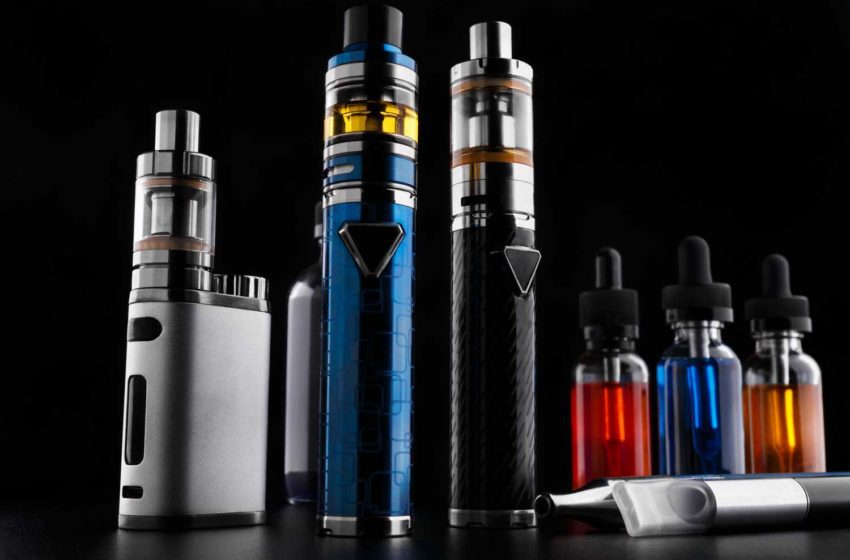
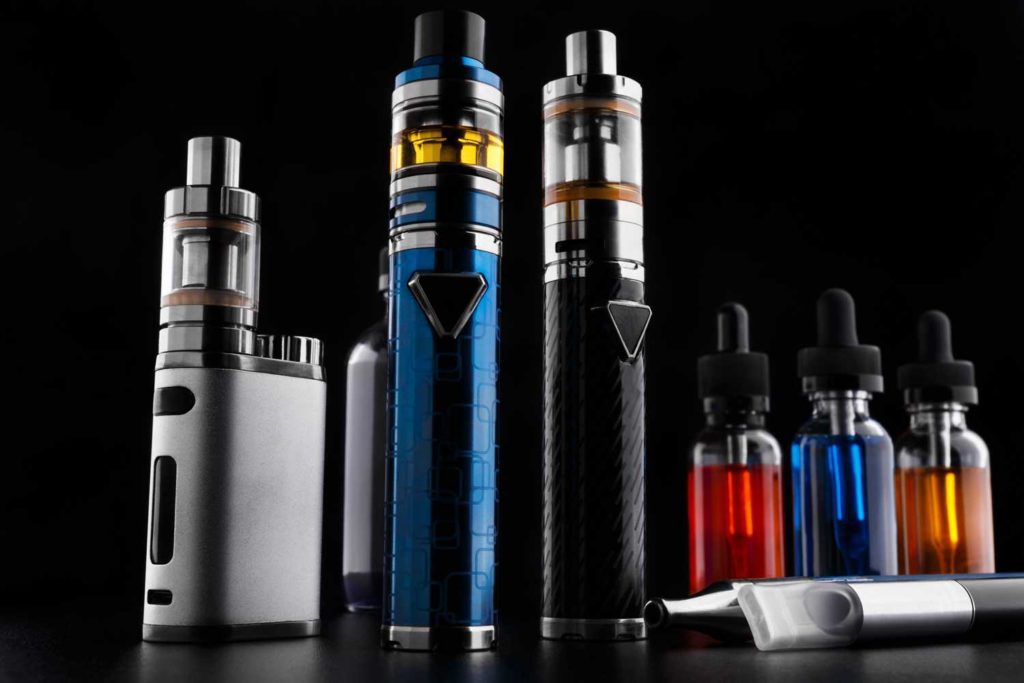






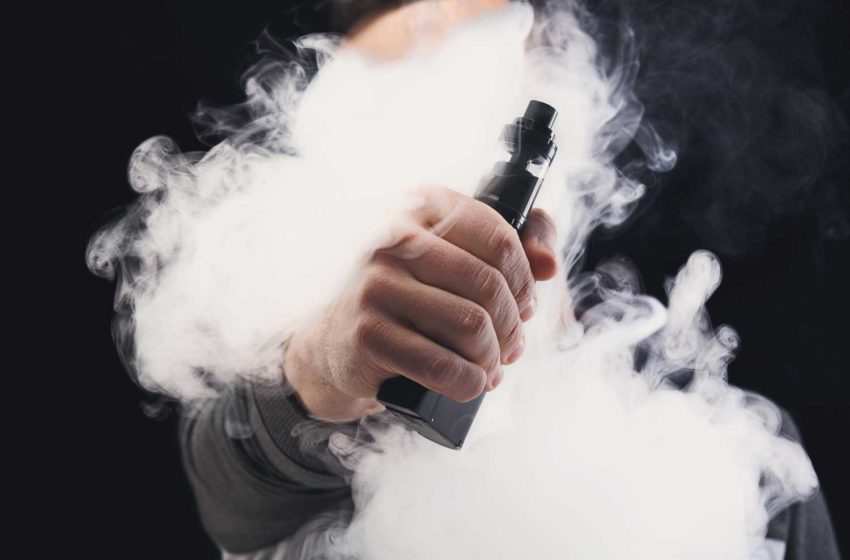
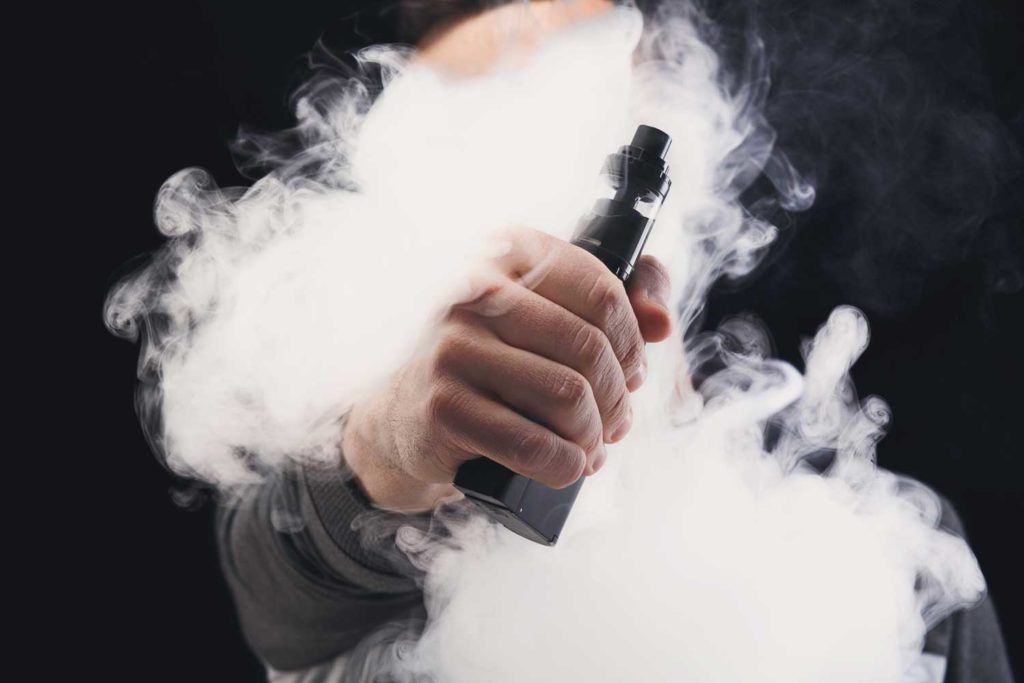
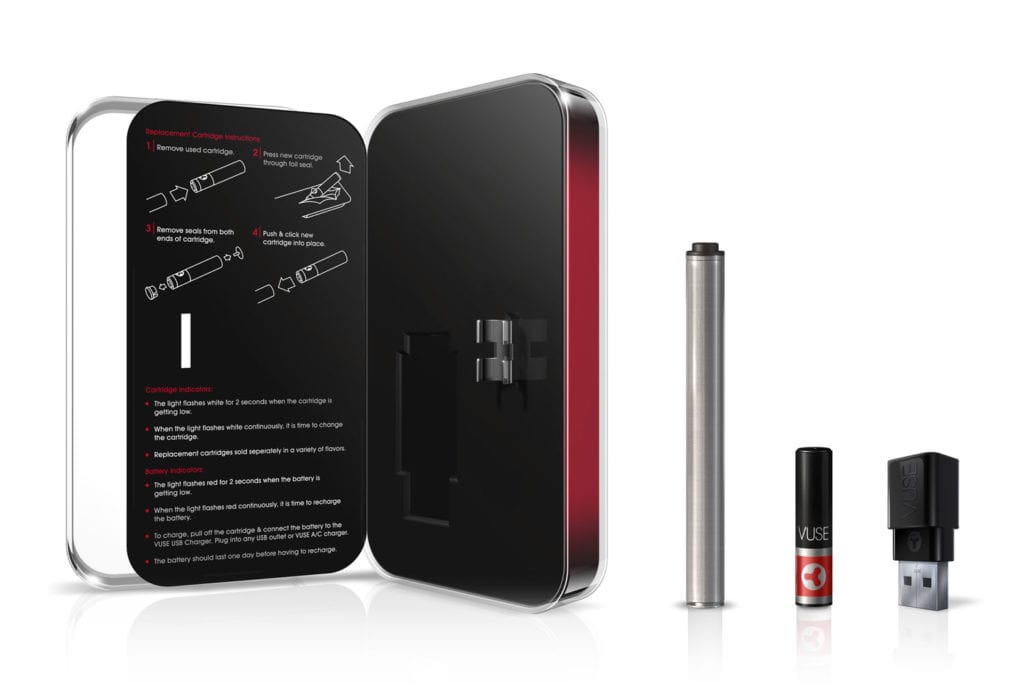








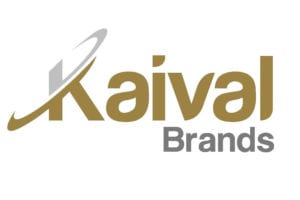 The U.S. Food and Drug Administration has issued an administrative stay of its marketing denial order (MDO) for nontobacco flavored bidi sticks, pending the agency’s review of Bidi Vapor’s request that the MDO be rescinded based on product-specific scientific evidence in its premarket tobacco product applications (PMTAs).
The U.S. Food and Drug Administration has issued an administrative stay of its marketing denial order (MDO) for nontobacco flavored bidi sticks, pending the agency’s review of Bidi Vapor’s request that the MDO be rescinded based on product-specific scientific evidence in its premarket tobacco product applications (PMTAs).





